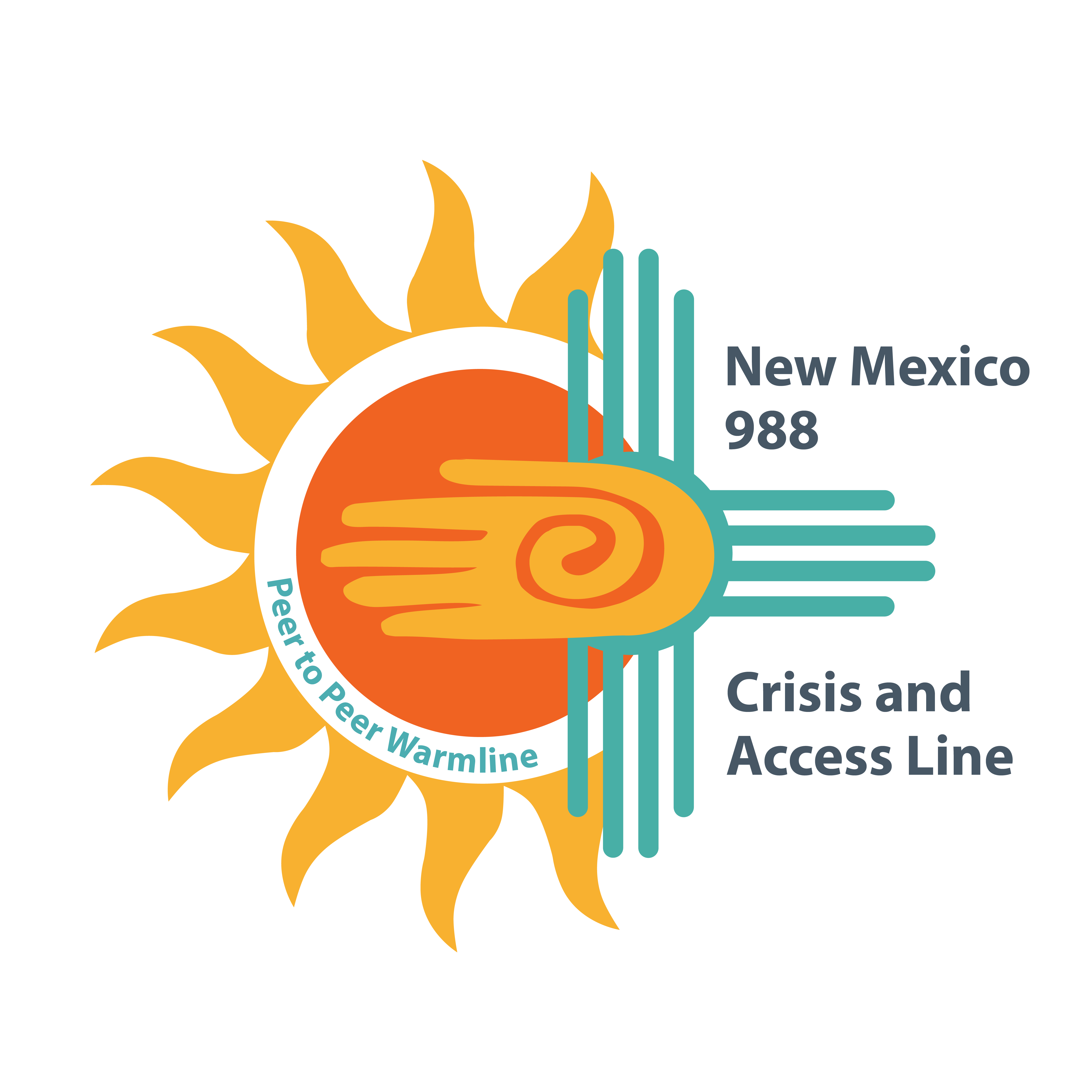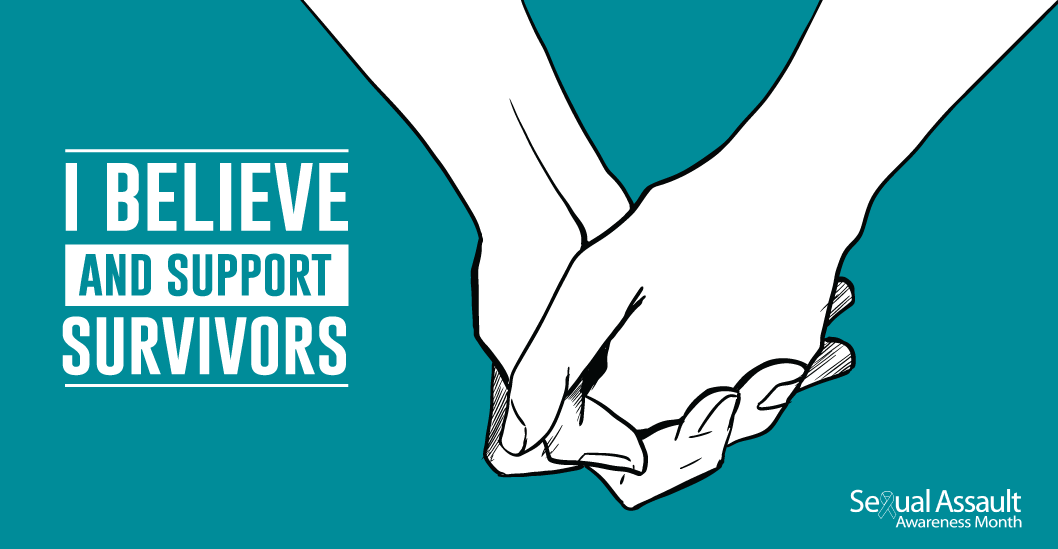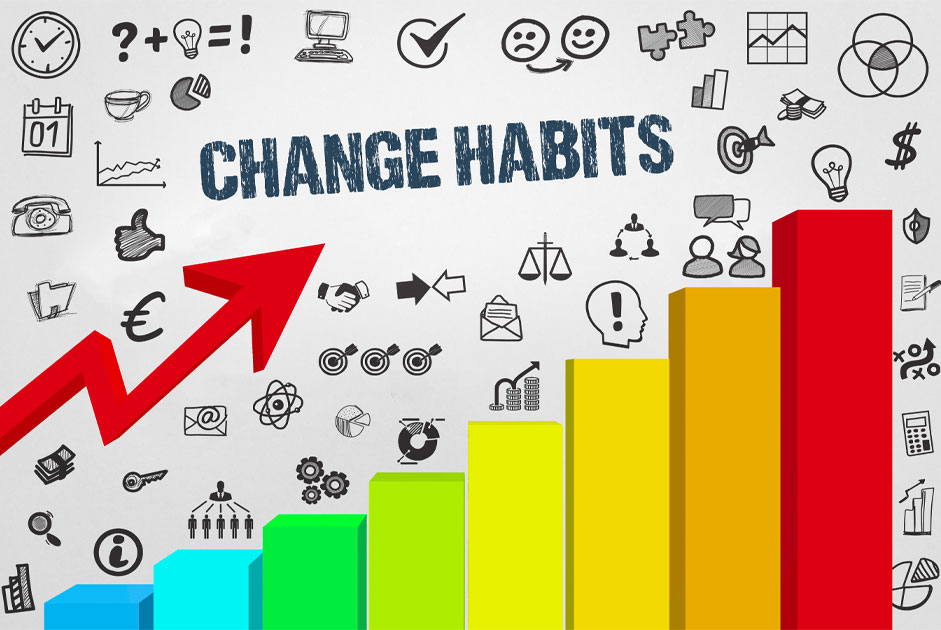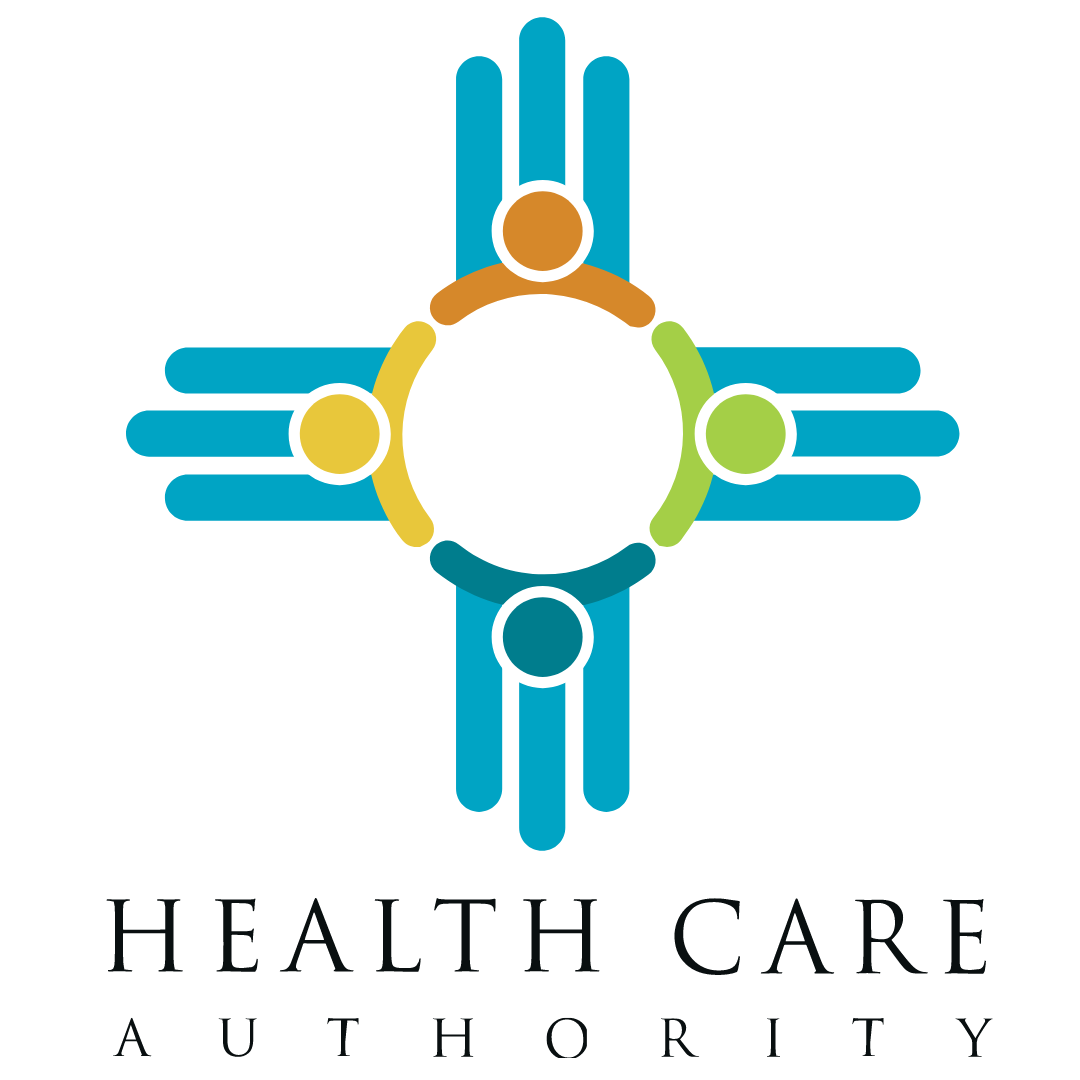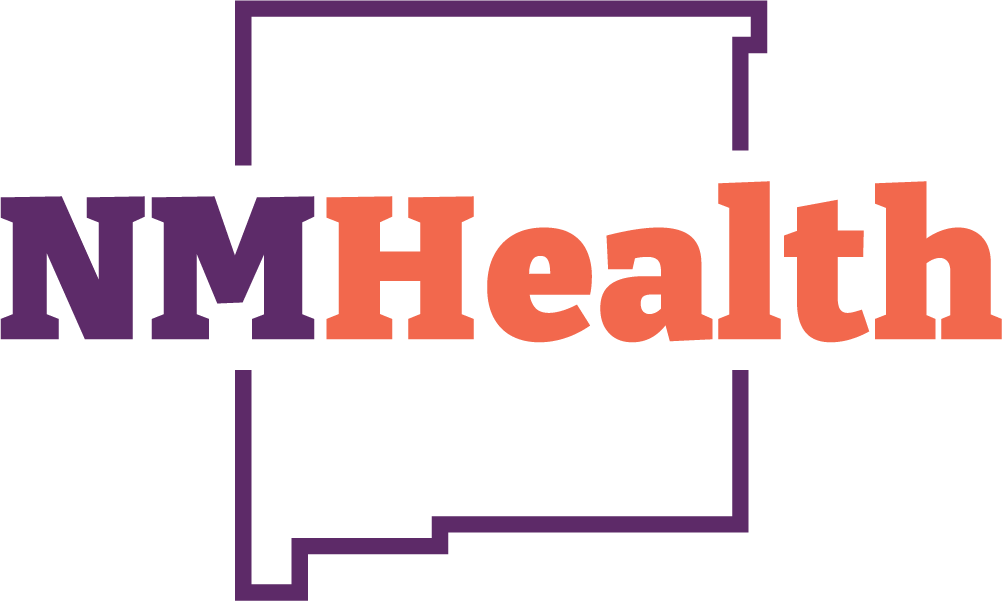Sexual harassment, assault, abuse, and violence can happen anywhere, including in online spaces. For too long this harassment, cyberbullying, abuse, and exploitation have come to be unavoidable behaviors for some. Sexual assault is a serious and widespread issue — but together we can all work together to eliminate these issues and create a path to wellness.
Let’s begin with understanding that sexual assault includes any type of unwanted sexual contact — either in person or online. Forms of sexual assault include:
- Rape or sexual assault
- Sexual harassment
- Sexual abuse
- Unwanted sexual contact/touching
- Sexual exploitation and trafficking
- Exposing one’s genitals or naked body to others without consent
- Nonconsensual image sharing
- Words and actions of a sexual nature against a person’s will and without their consent
- Sexual violence represents a range of behaviors
Often people don’t tell others about sexual assaults that they have experienced, but sometimes they’ll display behavioral, physical, and emotional changes. Many of these changes aren’t specific to sexual abuse—they can happen with other kinds of trauma or stress, and they can vary by age. But it’s important to be alert to these signs, figure out why they’re happening, and get support if you or someone you know has experienced sexual assault.
- Take time to understand how PTSD from a sexual assault is expressed.
- Believe and support someone that shares concerns on sexual assault matters with you.
- Build safe spaces for people.
- Help someone find help.
- Learn how to help prevent sexual assault.
If you or someone you know is a victim of sexual assault, there are many services available to help. You are not alone, and what happened is not your fault.
- Information on clinics can be found online at the New Mexico Coalition of Sexual Assault Programs.
- National resources for sexual assault survivors and their loved ones can be found online at RAINN (Rape, Abuse & Incest National Network).
If you or someone you know needs to talk about abuse, neglect, emotional health, mental health, behavioral health, or substance use concerns there is always someone here to hear you at the New Mexico Crisis and Access Line (855-662-7474), the Healthcare Worker and First Responder Support Line (855-507-5509), or Peer-to-Peer Warmline (855-466-7100).
Download the NMConnect app to easily access the call lines and resources.
- Link to the Apple iOS download
- Link to the Google Play Store download
